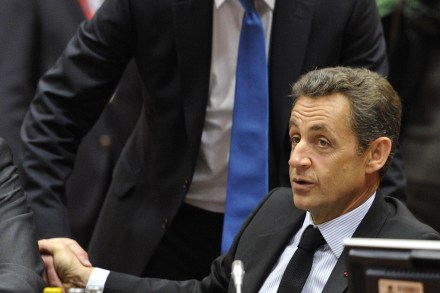The Great Repatriation Question
And the word of the weekend is ‘repatriate’. Not only do we have yet another poll showing that the British public, when asked, would prefer to tug powers back from Brussels, but there’s also this eyecatching story in the Daily Telegraph. No.10, we’re told, is pushing Whitehall departments to determine just exactly where Europe’s influence could be counteracted. There is also a backbench group of Tory MPs providing covering ideas. So why hasn’t this been happening before now, particularly given how frustrated those around David Cameron have become with the constant torrent of EU directives? Part of the answer is that the events of the past week have made all




















